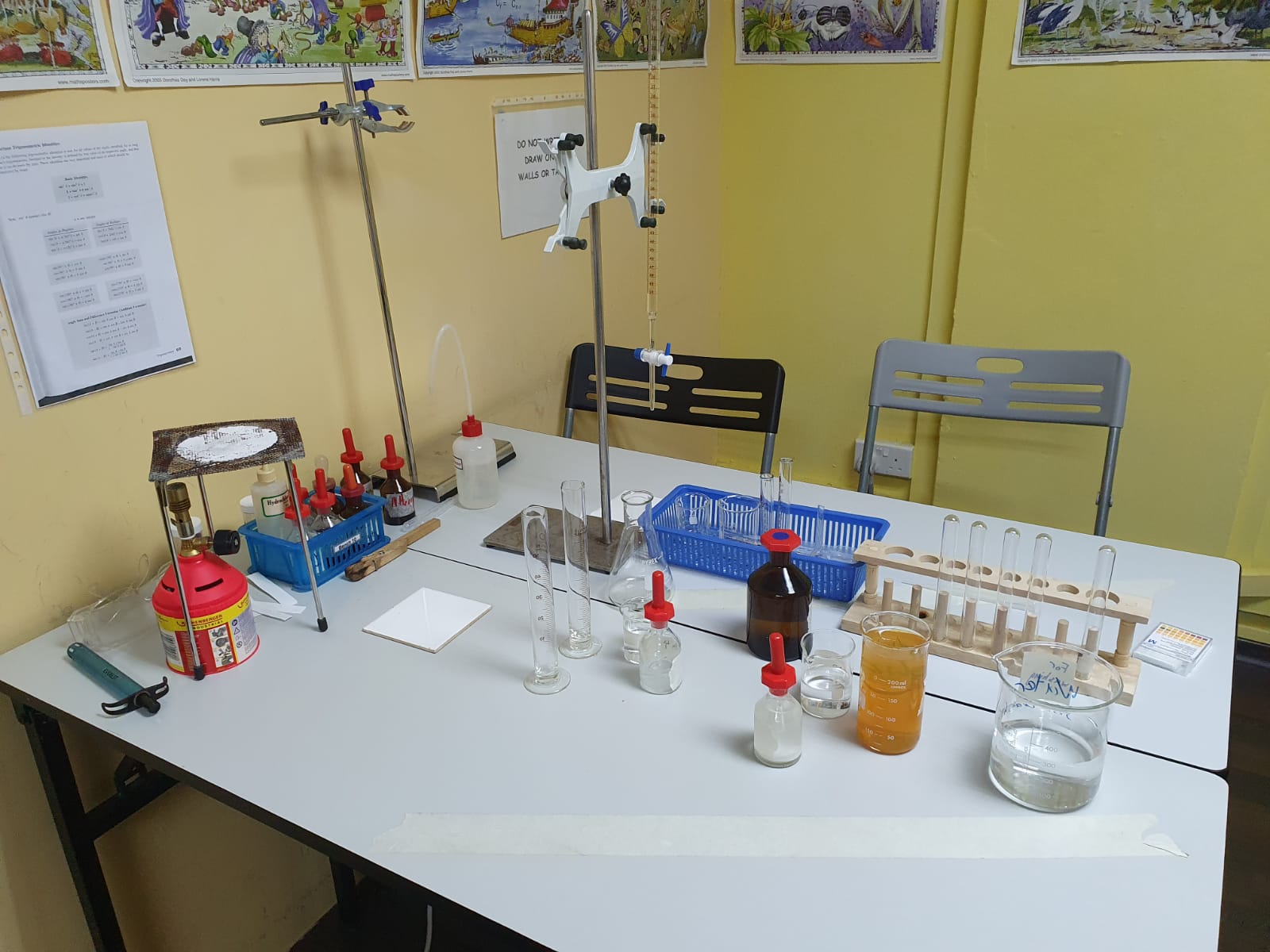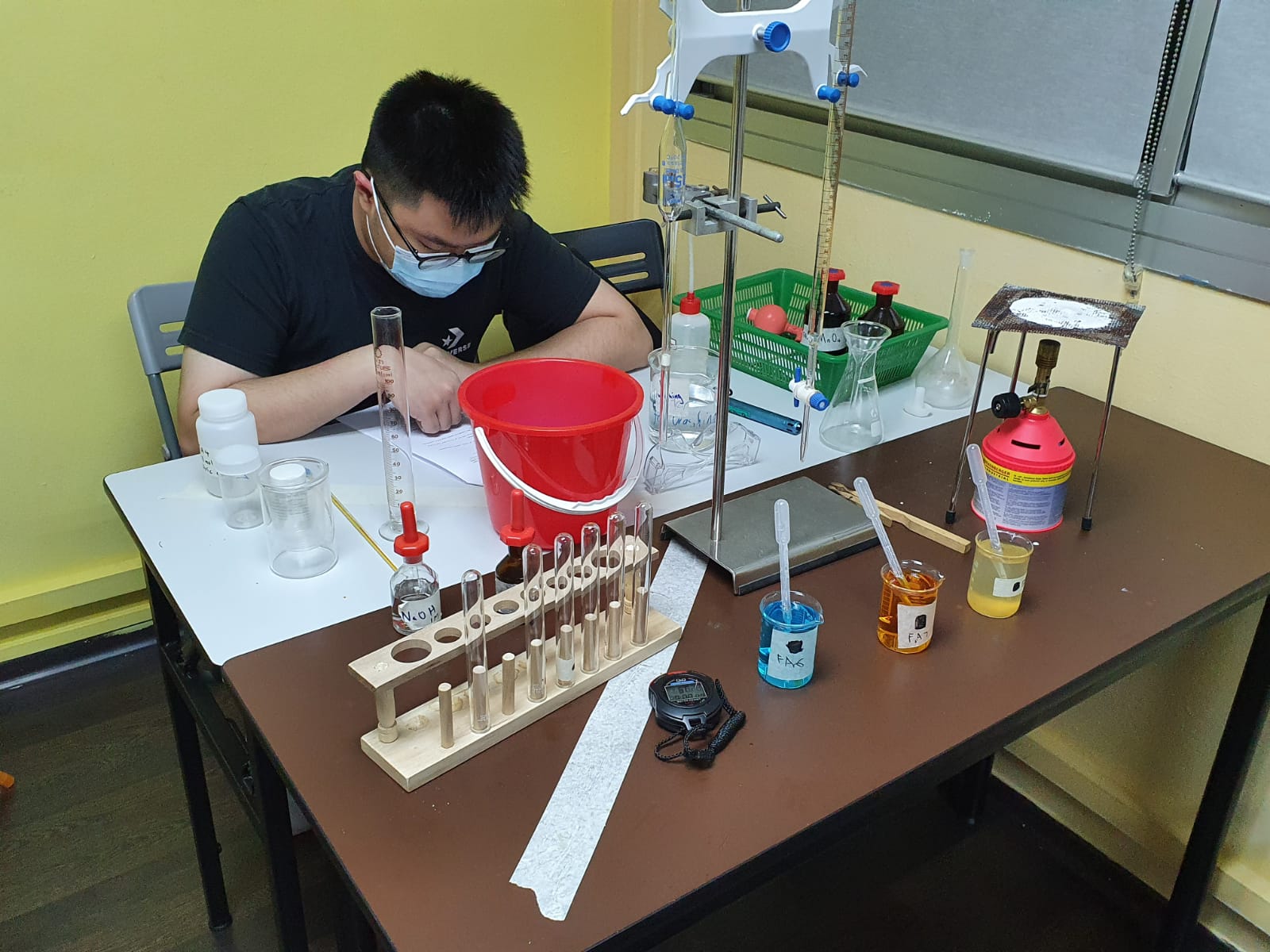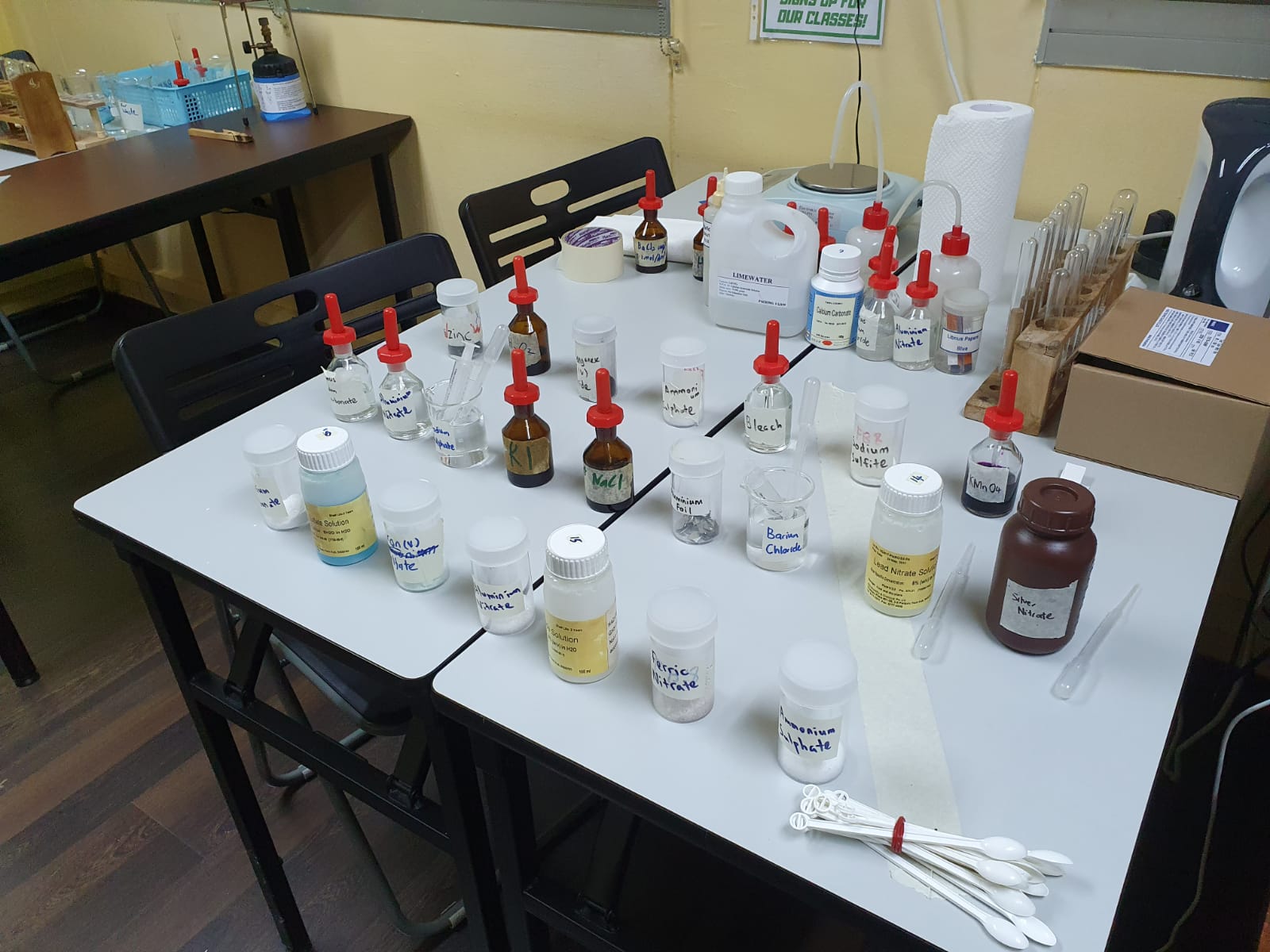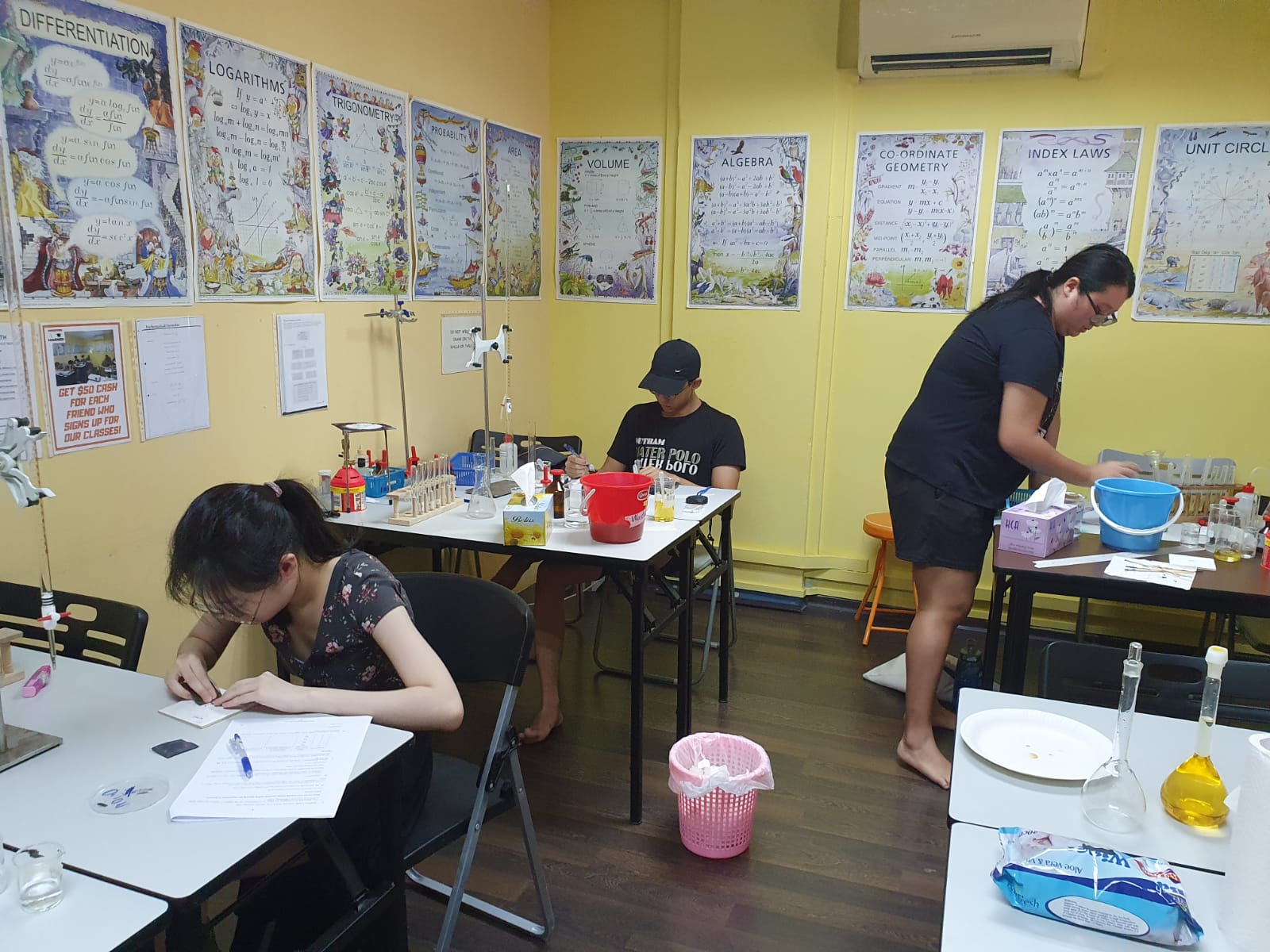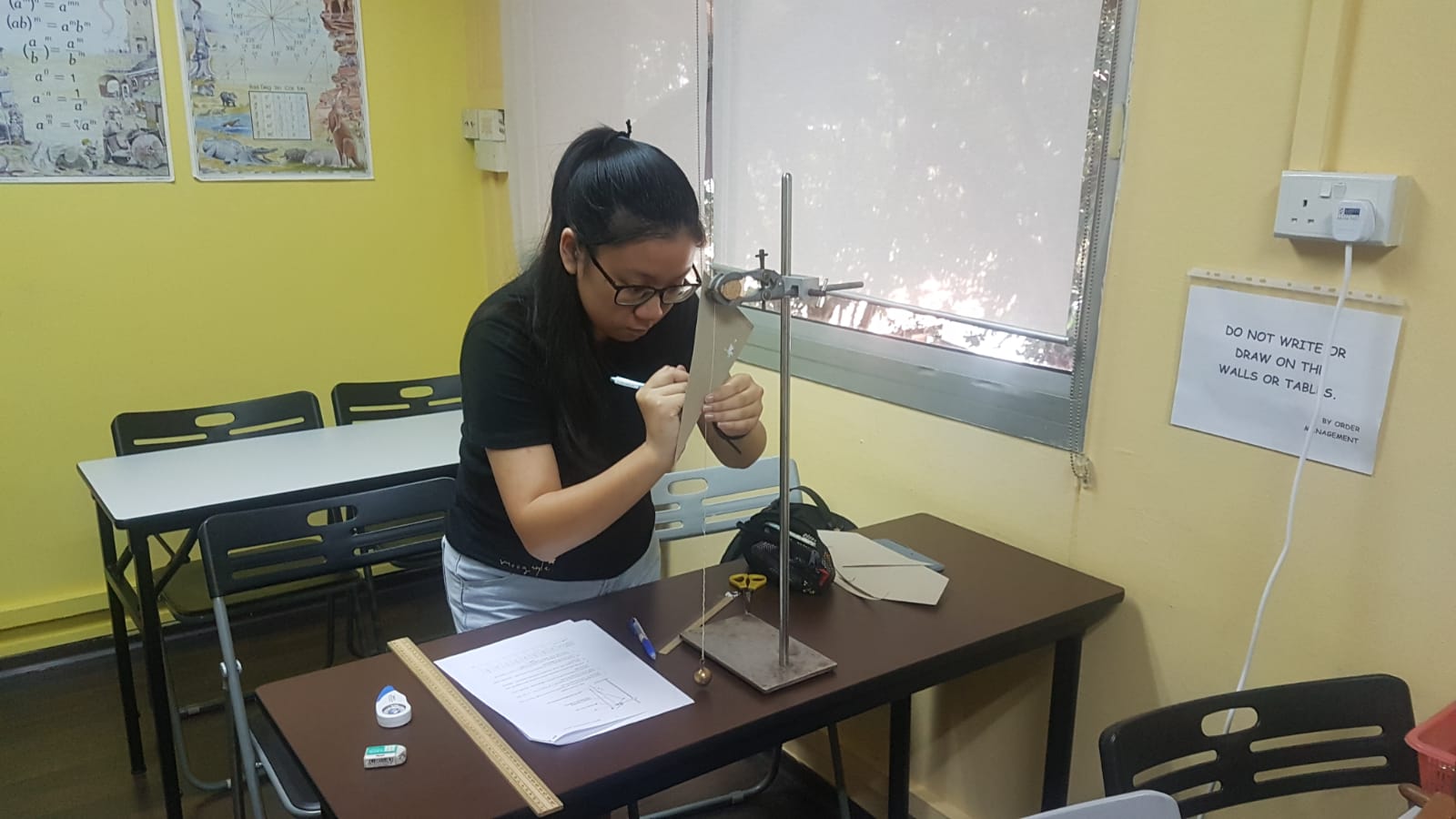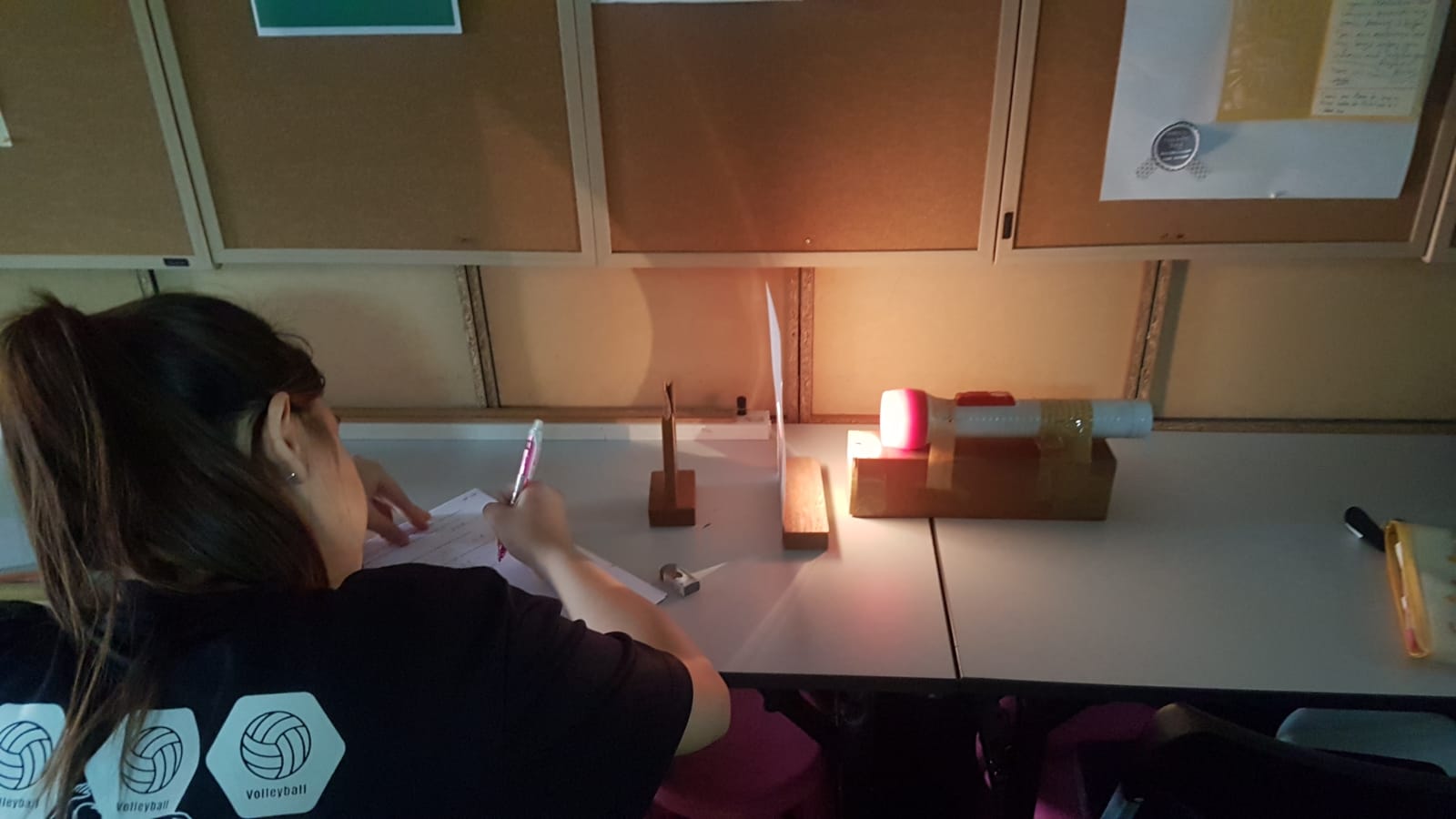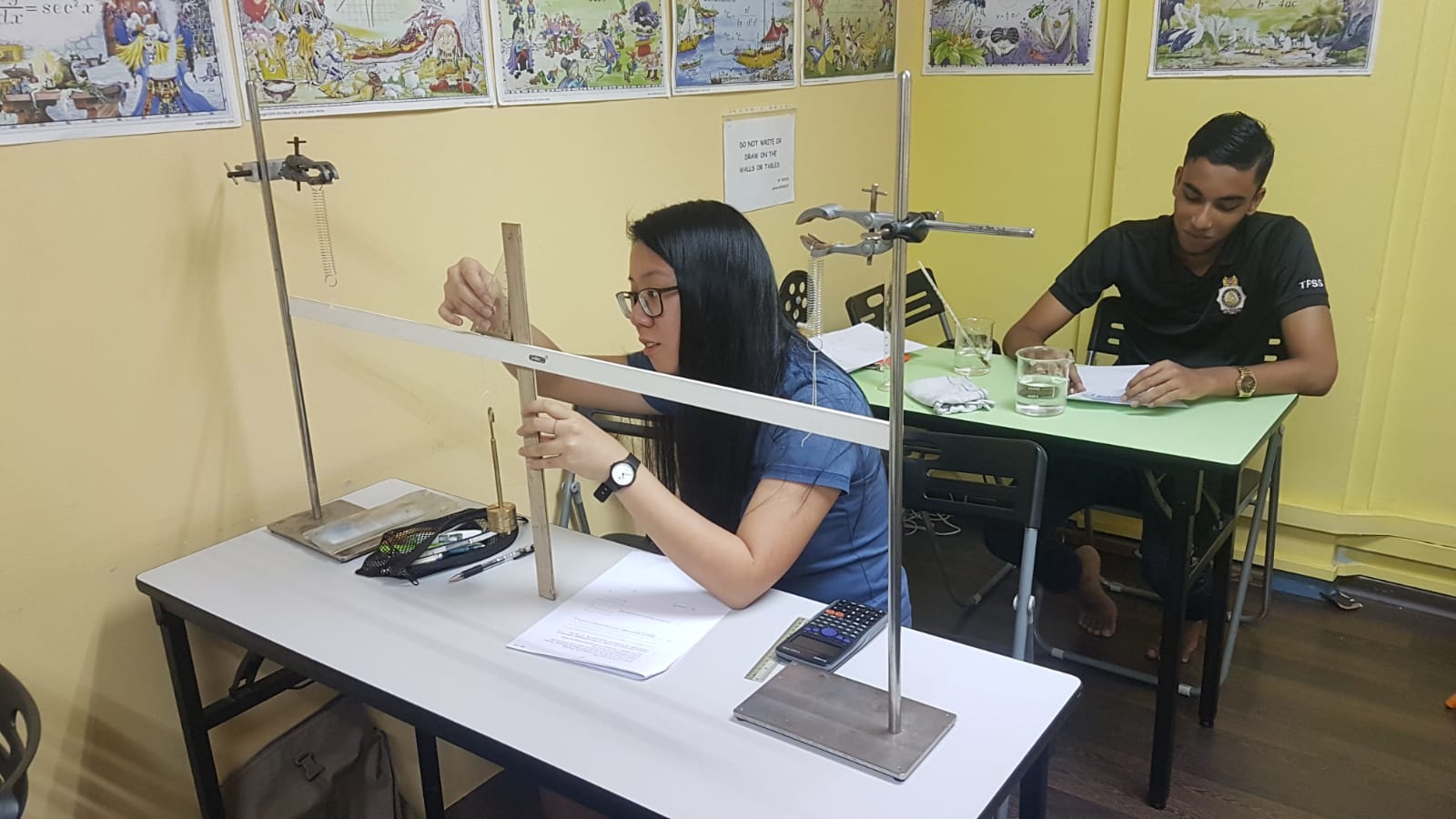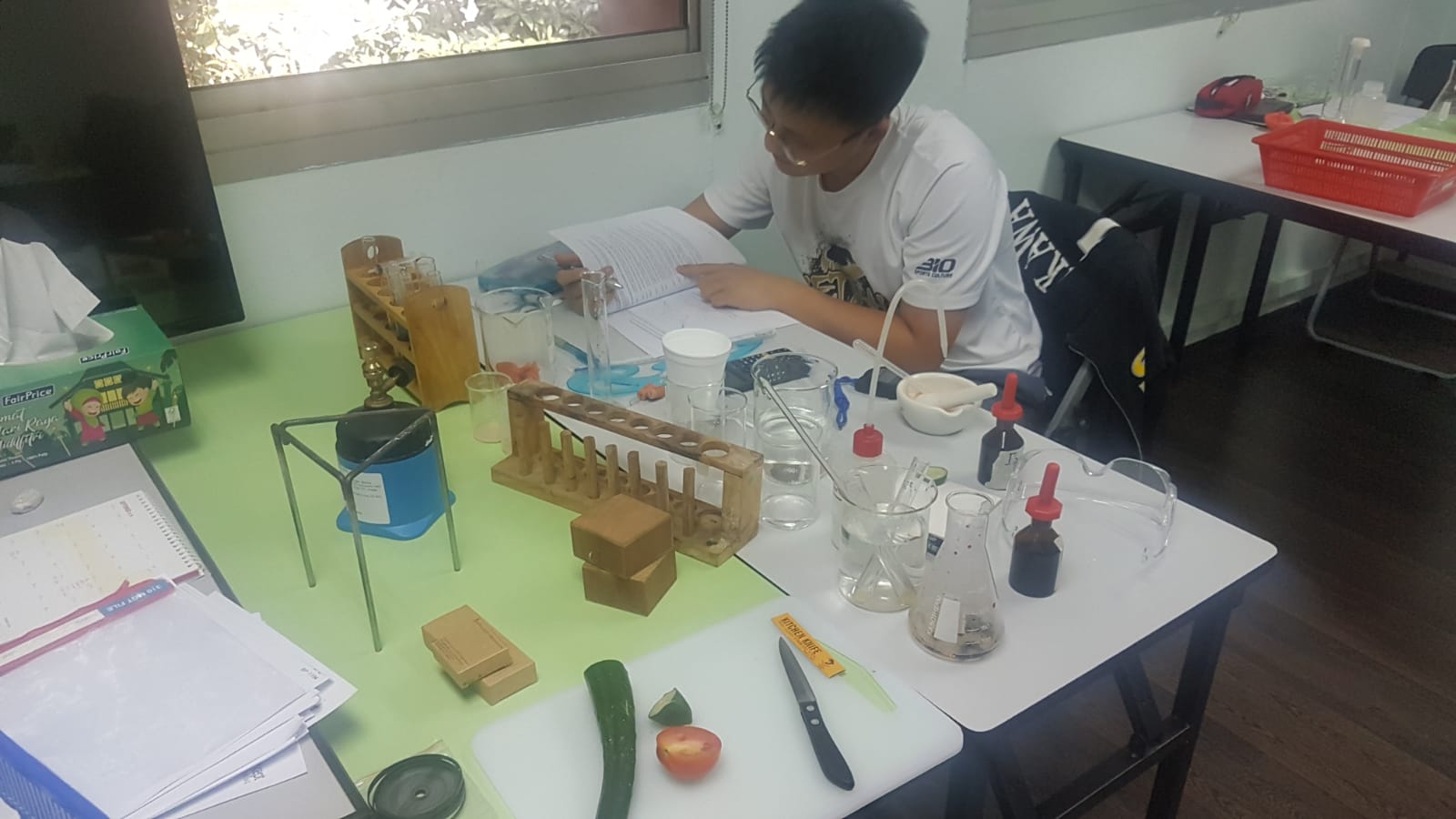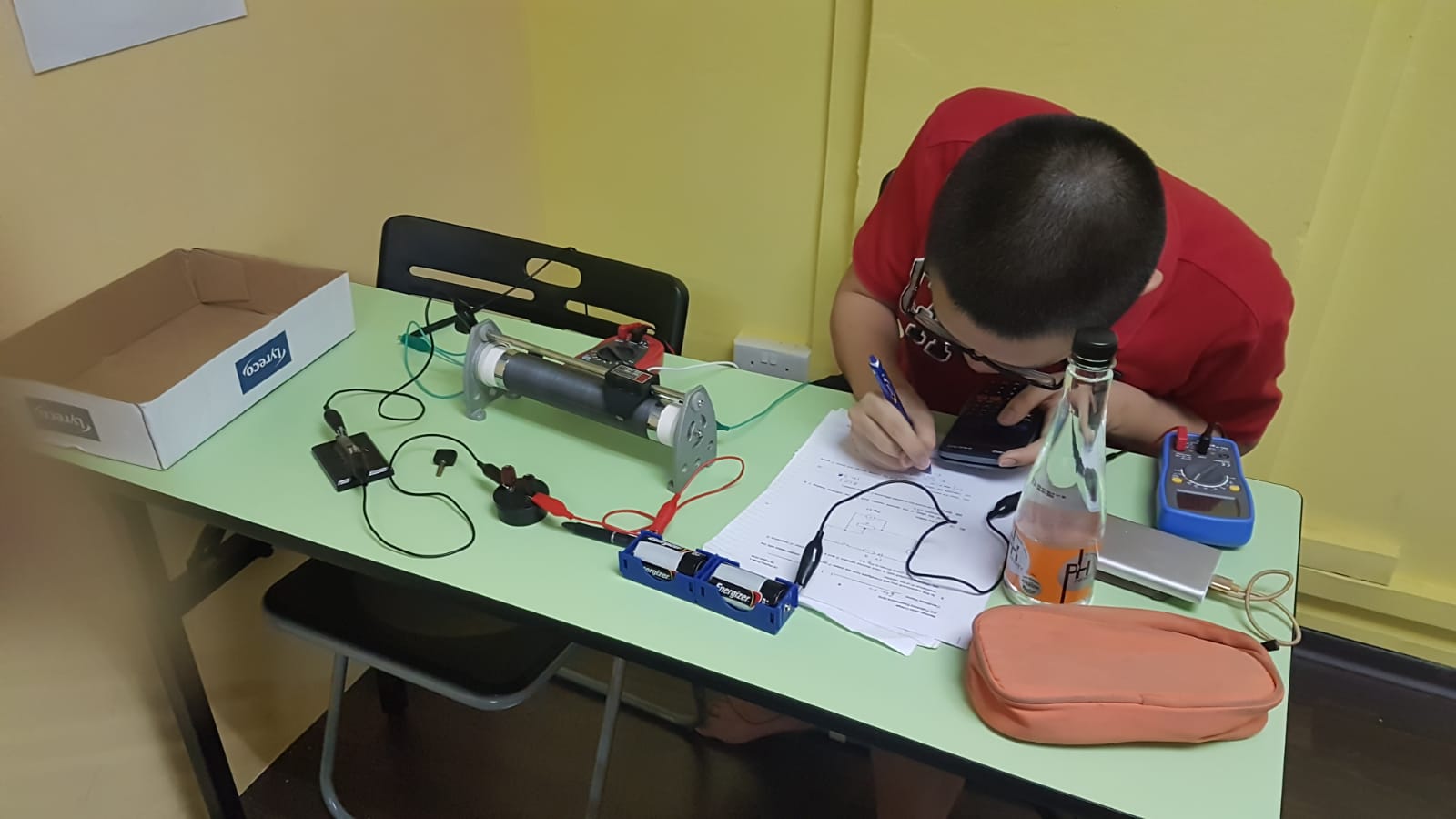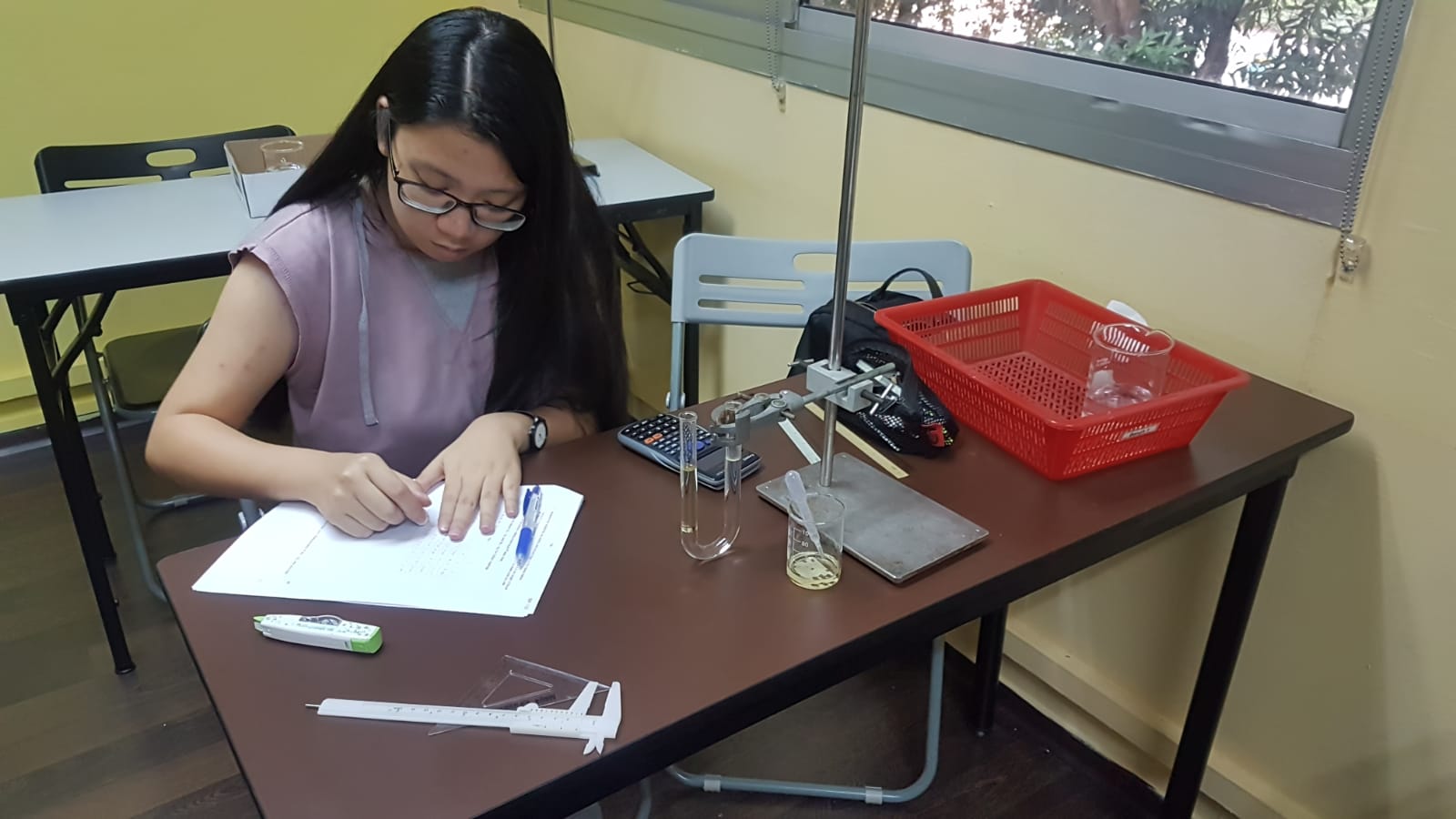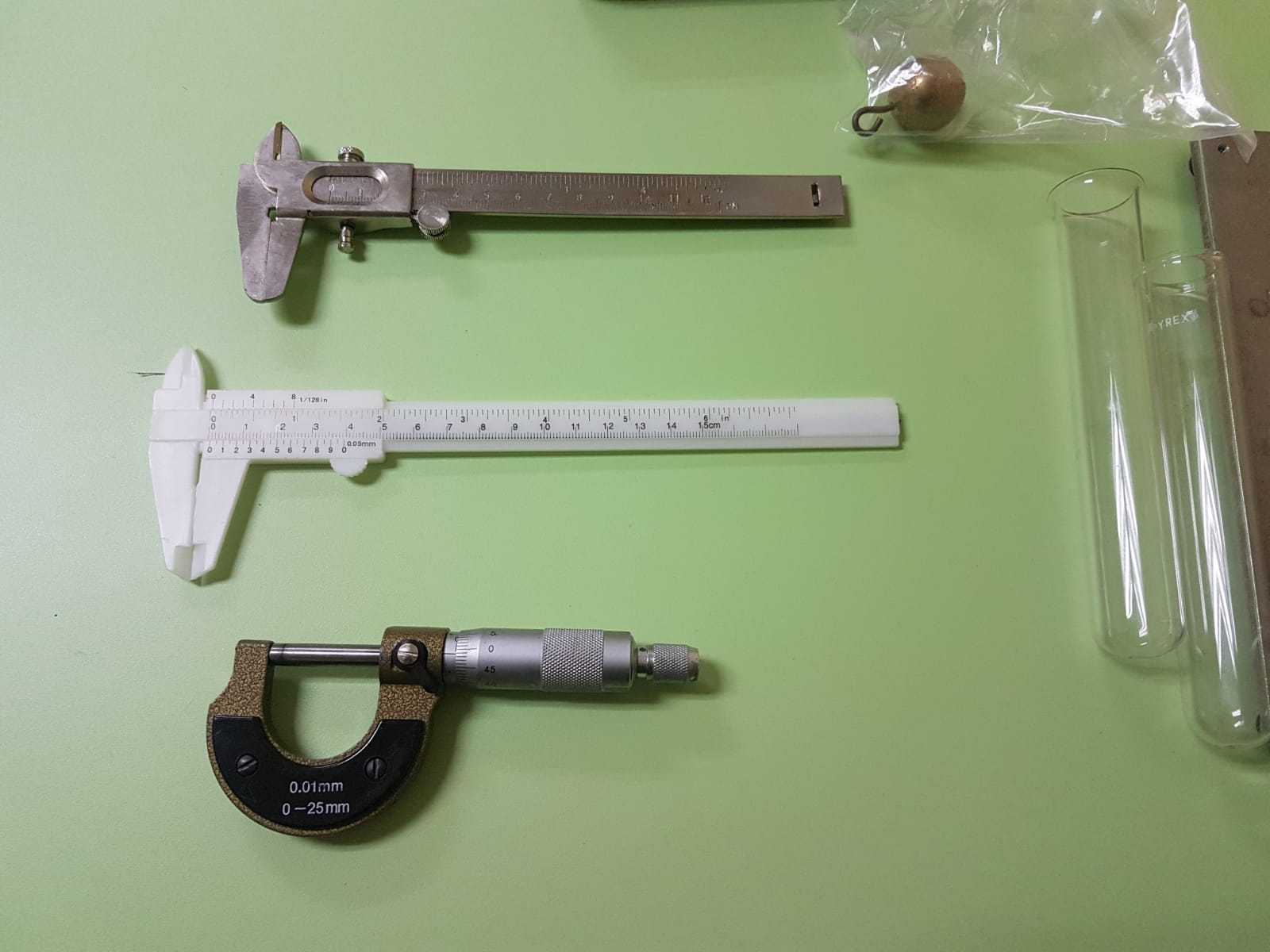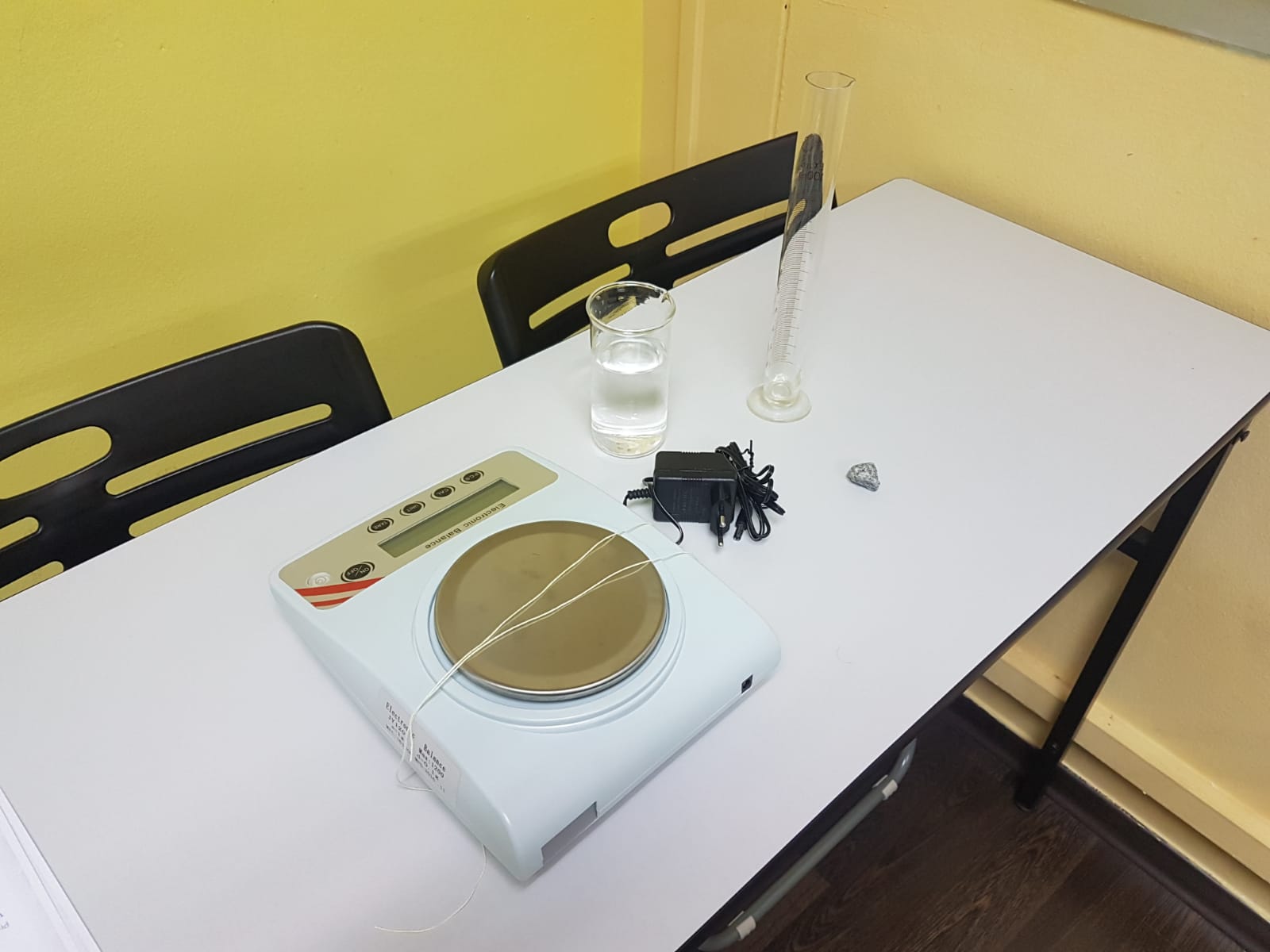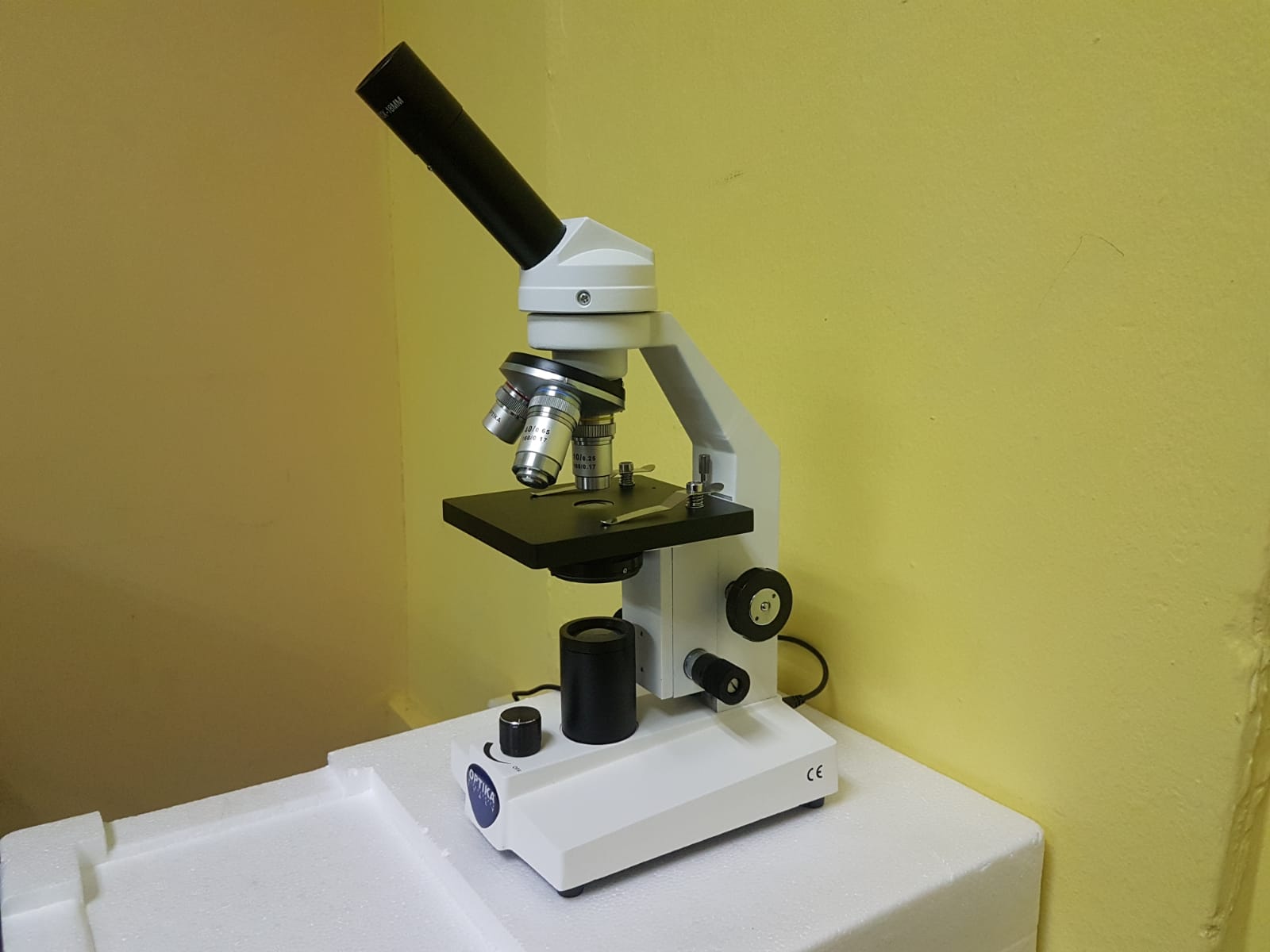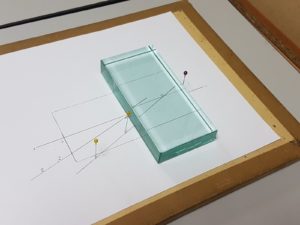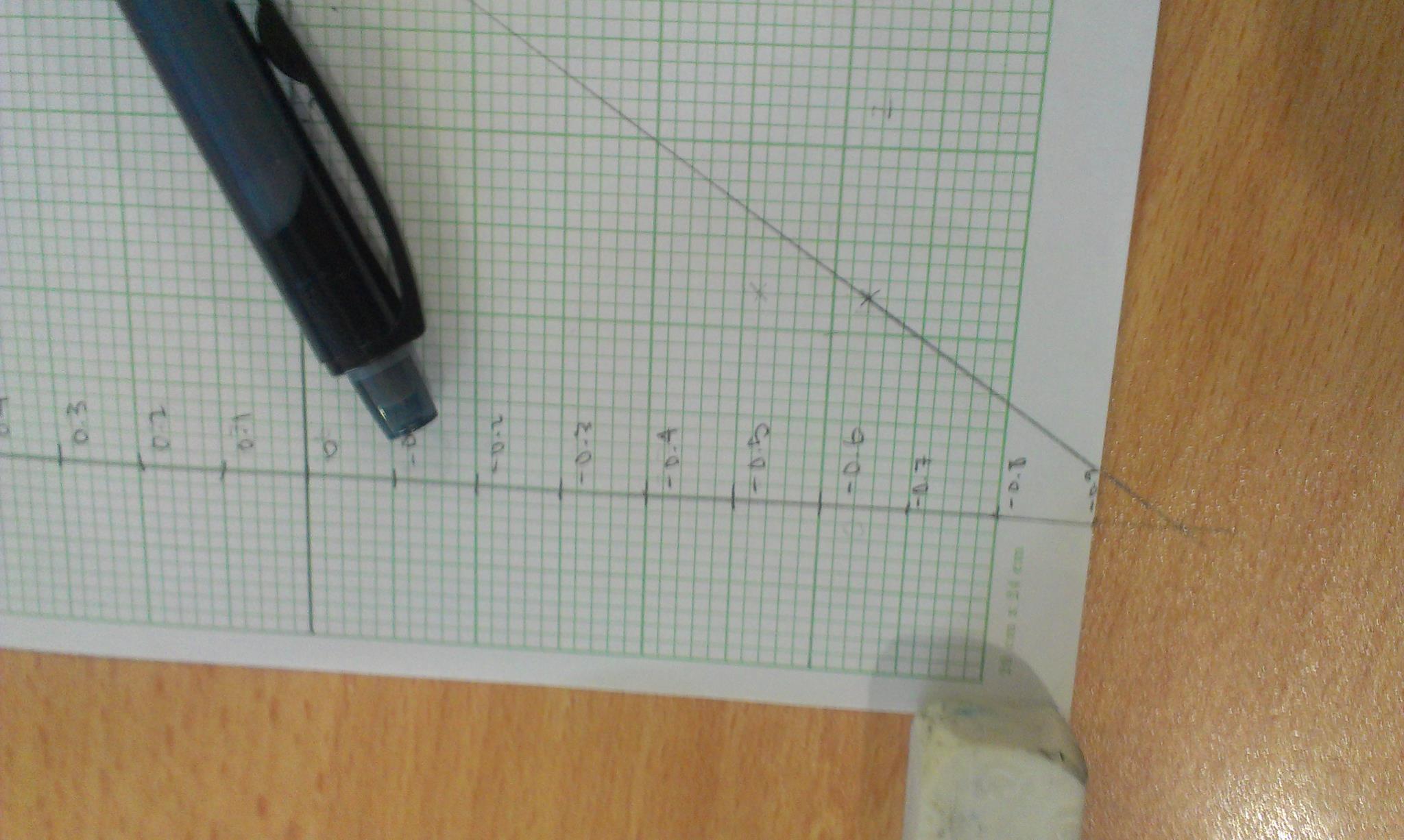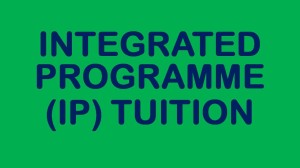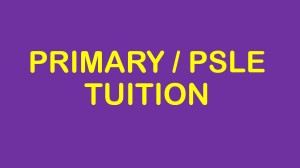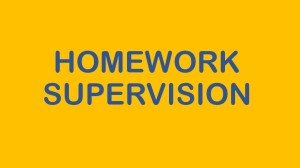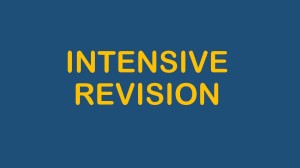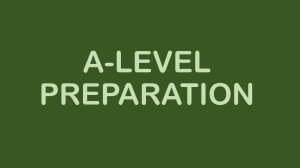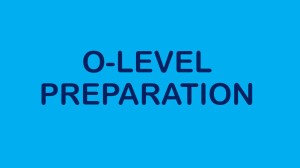I guess I have to write a bit for this group of students, who will not be allowed to redo their a-levels in their former schools (unlike students who obtained SUC for their H2 subjects), yet they’d find it difficult to be accepted into popular courses in the university.
With grades like BAD or DEAD, you might still be able to get into a local university, if you choose unpopular courses such as engineering, social work or nursing (I’m not sure if a degree in nursing is available in a local university, but if it does, you should seriously consider it). It also depends on what you had obtained your grade A for. It’s not that these courses don’t require academically bright students (can you imagine the impact to society of incompetent engineers, nursing managers or social workers?), but they are somehow very unpopular with university applicants in Singapore.
With a grade like BAD, you might even get a place in an arts or science faculty (but beware, these faculties have their pride too), and if you possess good O-Level results as well, you might even get a place in the NIE to train to become a teacher (to be admitted to NIE, you must have been at least in the top one-third of your O-level cohort; assuming NIE or MOE has not changed this requirement).
Grades like CCD or CDD might still get you into a university, for very unpopular courses. I’ve not heard of anyone getting into a uni with DDD though, or with anything lower. DEAD might get you somewhere because of the A, if there are very few good competitors for that same course. (Btw, if u obtained ACE, don’t say A,C,E, when anyone asks, just say Ace, so it sounds like AAAs). : )
So should you still accept the offer of a local uni if the course offered is not what you really want? Or should you just retake your A-Levels? If I were you, I will not retake the A-Levels if my grades can send me into any general course in an accredited or recognised university. A general course is typically one of those found in the faculty or school of science or arts. Yes, it’s ok to do an arts or science course or even engineering if you can’t get into the more popular courses such as medicine, law, accountancy and business. Why?
Please don’t forget there is such a thing as a Postgraduate First Degree, or Graduate Programs Leading To A First Degree. WHAT IS MORE IMPORTANT IS TO FIRST GET INTO ANY RECOGNISED UNIVERSITY AND WORK HARD TO GET AT LEAST A SECOND UPPER HONOURS DEGREE. Then you can apply to any graduate first degree programme. For example, if you want to be a doctor, lawyer or accountant, you can still become one if you have a very good honours first degree, through the Duke-NUS Doctor of Medicine (MD) course, SMU’s Jurist Doctor (JD) program or SMU’s Master of Professional Accounting (MPA) program, respectively. Or you can apply to any postgraduate program you like, whether it leads to a first degree, master degree or even a direct Ph.D program.
My point is, your first degree may not determine your career, and it need not be in something YOU THINK you are passionate about. It is more important to get into ANY recognised degree programme, and work very hard to achieve at least a 2nd Upper Hons degree ( I didn’t get one, so I had a hell of a time trying to get into a master degree programme. Luckily, NTU gave me a chance and I proved myself right about myself by getting a CGPA of 4.55, out of 5, for my master degree program. I’m still angry with NUS for thinking that I wasn’t good enough for their postgrad programs. Now I intend to a do Ph.D program, and it’ll be interesting to see which university would take me in).
Please also remember that some employers, like banks and the govt, will take you in if you have a very good first degree in ANY discipline. Hence please don’t be fussy about your first degree. I’ll always remember what my father told me when I asked him what course I should do at uni. He said,”Just get yourself into a university and graduate”.
Lastly, dont be fussy about your first job too. In today’s economic environment, having a job is better than having none at all.
Good luck!
Rgds,
Ilyasa
Related post: What to do if your A-level results are bad …
SCIENCE PRACTICAL TRAINING
We provide A-Level / H2 and O-Level Physics, Chemistry, Biology and Science (Physics/Chemistry/Biology) Practical Training for private / school candidates and homeschoolers, for both local (eg. H2, Singapore-Cambridge) and international exams (CIE, IGCSE). School candidates who need more FULL PRACTICAL PRACTICE are also welcome.
You may need science practical lessons if you are a private candidate who needs a science lab and apparatus as well as practical coaching, or you are a school candidate who needs more practical training or timed practice for a FULL PRACTICAL.
For details on Practical Courses, Mock Exams or Schedules, kindly click on any of the following links relevant to the exam and level you will be doing:
A-LEVEL H2 PRACTICALS
CAMBRIDGE CIE A-LEVEL PRACTICALS
Singapore Learner @ Bukit Batok
Blk 644, Bukit Batok Central, #01-68. S(650644).
Tel: +(65) 6569 4897, +(65) 88765498 (SMS)
Email: principal@singaporelearner.com
If you wish to visit us, kindly call or sms first. Thank you.
How my student found his y-intercept …
Improvement in a student’s math result …
Daniel, one of A. Math tutees, showed me his class test result yesterday: 34/40. The test was on Indices and Surds, Wow, excellent, I said to him. Daniel is from the N(A) stream, and usually fails his Math tests. That he could obtain 34/40 and top his class in just a few weeks of tuition was phenomenal. So I started reflecting on what went right, because there are many students, even those from top schools, who do not make such a giant leap in such a short amount of time.
So what was the major factor contributing to Daniel’s significant improvement? Well, it’s not some secret special technique. In fact, it’s a well-known technique that some students just don’t want to use – ask many, many questions, even “silly” ones, about the same topic until one is satisfied that understanding has been achieved. Daniel even questions me when he doesn’t understand the steps I show him, whereas many students simply copy or write down my solution. Daniel sometimes takes a while to process the information I give to him; he will pause and ponder, and then sheepishly asks a basic question. He will even ask questions periodically to affirm that his steps are correct.
Students need to make meaning out of what they hear or see; it’s not enough to just listen to teachers or observe what they do in class. And you make meaning when you have a dissonance in your mind; some pieces of the jigsaw puzzle don’t fit and you have the courage to ask and then ponder again.
Regarding asking questions, I have one advice though: you must attempt to answer your own questions first, for the struggle to answer your own questions will make it easier for you to understand another person’s explanation. : )
Good luck!
Rgds,
Ilyasa
Announcement of Release (2013) of A-Level (2012) Results
I think it should be out next week (probably Friday 1 Mar) (It is now confirmed to be on Fri 1 Mar). For those of you who receive good news, you may want to click on one of the links below before you end up in the ‘wrong’ university:
1. List of recognised Universities and Post-secondary Institutes with campuses in Singapore
2. List of Approved Universities for Admission to the Singapore Bar
3. List of Registrable Basic Medical Qualifications for practice in Singapore
For those who receive bad news, you may want to click on the following link for some consolation and advice:
4. What to do if your A Level results are bad.
Wish you all the best!
Rgds,
Ilyasa
Related pages:
(2) JC Math Tuition
Related articles:
(a) Between JC and Poly.
(b) What subject combination to choose in JC.
A former MOE school teacher, Mr Ilyasa has been coaching students in ‘A’ Level (H2/H1) Physics, (H2/H1) Mathematics and (H2/H1) Economics for more than 6 years, as well as ‘O’ Level Physics, Additional Math, Math and PSLE Math for more than 10 years. An alumnus of RI and RJC, Mr Ilyasa holds a Bachelor of Science degree with Merit from the National University of Singapore, a Postgraduate Diploma in Education with Credit from the National Institute of Education, Singapore, and a Master of Education (Curriculum & Teaching) degree also from the NIE, Singapore.
Good Economics article to read, for those doing H2 or H1 Econs
If you are a H2 or H1 Econs student, please take time to think through the following economics article:
http://sg.news.yahoo.com/blogs/singaporescene/land-people-fit-singapore-economy-025020996.html
It’s important that you keep abreast of the economic challenges facing Singapore, our unique situation, and hence our micro and macro economic policies.
As an ex-Econs teacher and currently tutor, I dare say that our H2 and H1 Economics exams are the hardest in the world for 18 year olds. For microeconomics, you are expected to think like a business owner or CEO, and for macroeconomics, you are expected to think like a minister. Our Economics exam papers assume that you know and understand every basic economic concept, and you are straightaway expected to apply your Econs knowledge to analyse and answer case studies and essay questions.
Good luck.
Rgds,
Ilyasa
For our latest timetable, click here => 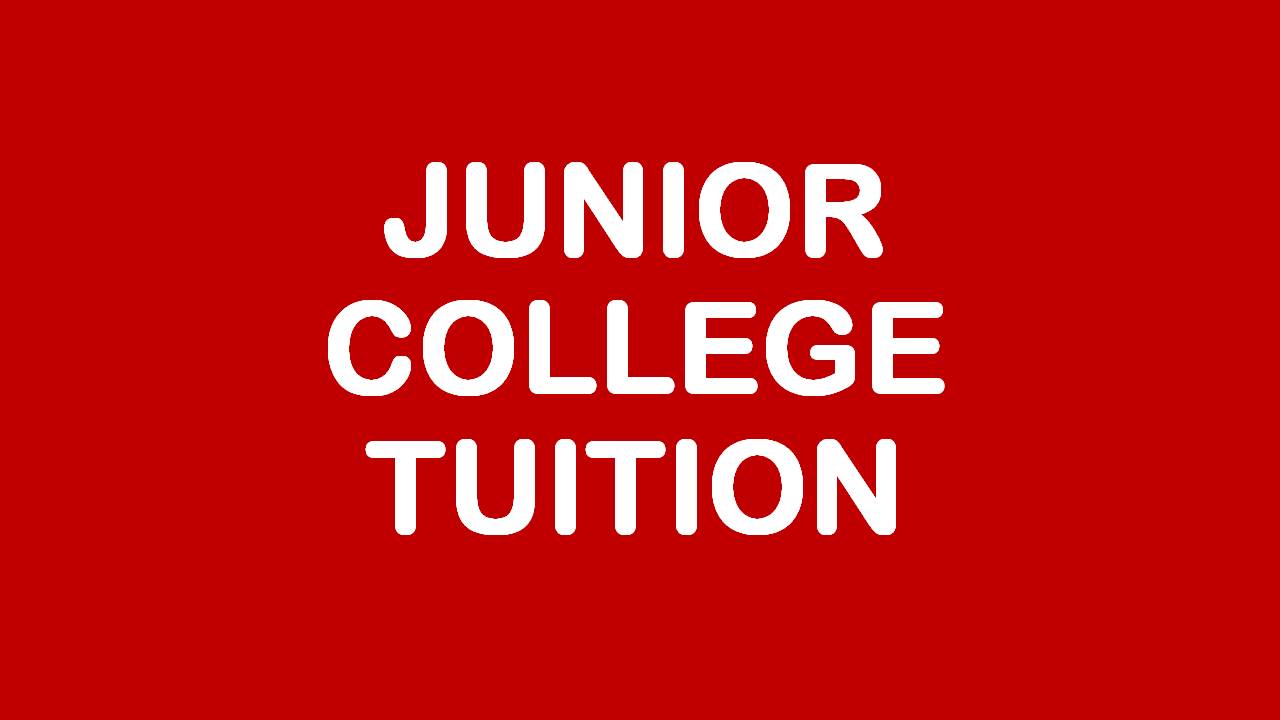
“Models (drawing of) destroyed my life.” – Sec 3 Math student
I laughed when he said it. But it’s a significant statement by my Sec 3 Math student made two days ago. It’s something I’ve been warning parents and students about, in my earlier article Beware the Critical Years in Math.
This Sec 3 Math tutee is from a top government secondary school in the west. Being mathematically intelligent, he had found it easy to use models-drawing to solve PSLE Math problems. But he had a hard time coping with Algebra in Sec 1 and Sec 2, and it’s affecting both his Math and A. Math performance now. This situation is not unique to him.
The best years of learning by your brain is probably from the time you were born to just before your teenagehood. Singaporeans around my age or older were taught to use algebraic equations to solve math problems at the PSLE back then. I remember using simultaneous equations in 1984 to solve today’s “guess & check” problems in the PSLE. Thus our algebraic skills were good and it helped us, even those who didn’t do well at the PSLE, in doing O-Level and A-Level Math.
Algebra is SO important for Math at O-level and A-level, yet our dear MOE chooses not to introduce it for problem-solving in today’s PSLE. I still don’t understand why.
It is true that some young students may not be able to understand Algebra, due to it being very abstract. But it is also true that some young students are not visually or spatially intelligent enough to draw, cut and move rectangles to solve problems. For eg, what has rectangles got to do with mass or age? (you know, those problems involving age relationships between persons or mass relationships between objects). Using rectangles or boxes to represent age or mass is just as ridiculous or abstract as using letters such as ‘x’ and ‘y’ as in algebra.
The least the MOE should do is to allow the teaching of BOTH methods to solve problems. Since those boxes start appearing in P2 or P3, algebraic expressions should also be introduced at P2 or P3, algebraic expansion in P4, algebraic factorisation in P5, and algebraic equations in P6. Sec 1 students can straightaway start on algebraic fractions etc. Do we lose anything by introducing algebra earlier in our math curriculum?
I’m glad I started my Sec 1 Algebra course for post-PSLE students in Nov and Dec last year (see Sec 1 Algebra Headstart Holiday Enrichment Programme for post-PSLE students). I think students still don’t realise how ill-prepared they are for math in sec school and JC. I dare say that if you are weak in your S1 and S2 algebra, you don’t have to take Math anymore.
Good Luck.
Rgds,
Ilyasa
(M.Ed., PGDE, B.Sc, ex-teacher, full-time tutor: 97860411)
_______________________________________
TUITION CLASSES:
_______________________________________________________________
EDUCATIONAL SERVICES:
______________________________________________________________
By EX-MOE TEACHERS & EXPERIENCED TUTORS
@ BLK 644, BUKIT BATOK CENTRAL, #01-68. S(650644).
CALL 65694897 OR SMS 98530744 OR 97860411.
Sec 4 A. Math Reflections 26/01/13 – Quotient Rule
I introduced Quotient Rule to the class last week so today we continued with it. Quotient Rule is actually very easy to use and should not be replaced by the Product Rule, even though it’s very convenient for students to write a fraction as a product of two terms.
What students find difficult is in simplifying the resulting expression, which often consists of fractions within fractions, with some terms having a square root sign over it. Of course there is a ‘trick’ to get the factorisation done quickly and correctly, but it’s too cumbersome for me to demonstrate here. More importantly, this difficulty that students often face highlights the point that I’ve posted earlier, that Sec 1 and Sec 2 Algebra is VERY IMPORTANT.
For the next lesson, I’ll be going into the Second Derivative as well as Application of Differentiation to curves, tangents and normal. We may be covering the Chain Rule if we have time.
Rgds,
Ilyasa, M.Ed, PGDE, ex-MOE Math and Physics teacher (hp: 97860411)
=============================================================
For our latest timetable, click here => 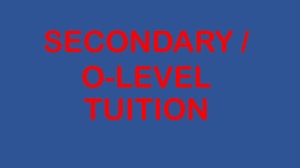
=============================================================
Finance degree from SIM is still recognised …
Recently, I went to open a business account with a local established bank. I was served by a Business Banking Manager, a fresh graduate, who had worked for the bank for just 4 months! He had a finance degree from SIM.
Ok, this bank, as far as I know, is not owned even partially by the Spore govt, although its leaders have ties with the ruling elite. I’m also not sure which finance degree he obtained, as in which was the awarding university (SIM is not a university; pls don’t confuse SIM with UniSIM).
Thus the finance degree he obtained is most likely an external degree. My point is, you may still get employed by an established company if you have not graduated from any of the local universities, such as NUS, NTU, SMU or SUTD. It could well be that the finance or banking industry has its own list of recognised university degrees, such as the nursing or hospitality industries, and these degrees may even be external or distance-learning degrees.
Thus if you are interested in a particular industry, you’d need to find out which are the universities recognised by the big names in that industry.
Sec 4 Physics Reflections sun1415 20/01/2013 – Electrostatics
I completed the teaching of Electrostatics to this class of 6 eager boys from a top school. First I showed a video of how a home-made electroscope is used to determine the kind of charge on a rubbed insulator.
I like to link topics to real life, so I described to them one of my roles while serving NS – to attach cargo to the bottom of a helicopter in what is commonly known as “underslung” operations. But we have to discharge the helicopter first, which is flying above our heads, using a long earth wire, else we may get an electric shock.
We covered definitions, procedures and concepts such as electric field and electric field lines. I even taught them an A-Level formula, F = Qq/kr^2, so that they understand that the electric force between two charged particles is the same for both charges even though the sizes of the charge on them are different.
We also discussed answers to a challenging worksheet and true enough, the students have certain misconceptions about charges and their movement.
Next week, we’ll start on Current Electricity. It’ll be fun.
Ilyasa, M.Ed, PGDE, ex-MOE teacher
(hp: 97860411)
=============================================================
For our latest timetable, click here => 
=============================================================
Sec 4 A. Math Reflections sat1415 19/01/2013 – Differentiation
This was our third lesson in Jan. We did the Product Rule for Differentiation after spending the last two sessions doing the Basic Rule and the Power Rule (a subset of the chain rule).
I told students to differentiate directly, in line, and not use the “let u = f(x) and v = g(x)” which is longer, more confusing and can cause more careless mistakes.
Now they are able to perform dy/dx = f(x)g'(x) + g(x)f'(x) quite quickly without introducing new variables such u and v which can be quite clumsy. Most of the time, finding dy/dx is part of a larger question, so it is unwise to make this part too long.
I ended the lesson with an intro to the Quotient Rule. Again, I don’t recommend the use of u’s and v’s and instead differentiate directly in line. We’ll be practising the Quotient Rule in the next session.
Again I tell students that Calculus is almost one-third of the A. Math syllabus, so if you want to get A1 you have to master Differentiation and Integration, which, in my opinion (and students hate it every time I say it), are amongst the easiest of topics in A.Math.
However, Integration at the A-Levels (H2 Math) can be quite difficult. But we’ll cross the bridge when we come to it. : )
Ilyasa, M.Ed, PGDE, ex-MOE teacher
(hp: 97860411)
=============================================================
For our latest timetable, click here => 
=============================================================
